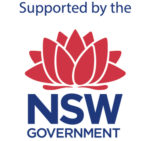Digitally empowered pharmacists to lead the way in medicine safety
Friday 26 July 2019
The Pharmaceutical Society of Australia (PSA) today released its digital health report Connecting the dots: Digitally empowered pharmacists.
The report, funded by the Australian Digital Health Agency, describes how digital health initiatives and technological transformation will empower pharmacists to be more accountable and responsible for medicine safety and efficacy.
PSA National President Dr Chris Freeman said the transformation to a more digital workplace was long overdue.
Medicine-related problems cause 250,000 hospital admissions and 400,000 emergency department presentations in Australia each year, costing the healthcare system $1.4 billion annually.
“Gaps in information and time delays in accessing important information are the two most significant factors contributing to medicine misadventure,” he said.
“This transformation will connect the dots of a currently fragmented health system, where health professionals such as pharmacists have had to make health decisions without accessing sometimes critical health information.”
The Australian Digital Health Agency’s program of work, particularly in medicine safety, will drive this transformation. This program of work strongly aligns with system changes needed to achieve the outcomes identified in the PSA’s Pharmacists in 2023 report.
Key projects which will transform care include: electronic prescriptions; real-time prescription monitoring; pharmacist input into My Health Record; enhanced incident reporting capabilities, improving pharmacovigilance; and improved medicine information for consumers.
The Australian Digital Health Agency’s Chief Clinical Health Information Officer, Angela Ryan, says increasing the safe and quality use of medicines is a priority area of the National Digital Health Strategy, approved by the Council of Australian Governments (COAG) Health Council in 2017.
“All healthcare providers, including pharmacists, GPs and specialists, play a role in supporting the safe use of medicines by their patients. The Australian Digital Health Agency is collaborating with governments and industry on digital solutions that will support healthcare providers to manage their patients’ medicines,” she said.
Connecting the Dots: Digitally empowered pharmacists provides readers with multiple case examples which describe a ‘new normal’ of seamless healthcare, protecting medicine safety, backed by the power of digital health. These examples will help pharmacists understand the digital transformation which is taking place and contextualise them to real, tangible patient examples.
Media contact:
Carly Lusk
Public Affairs Officer
0487 922 176
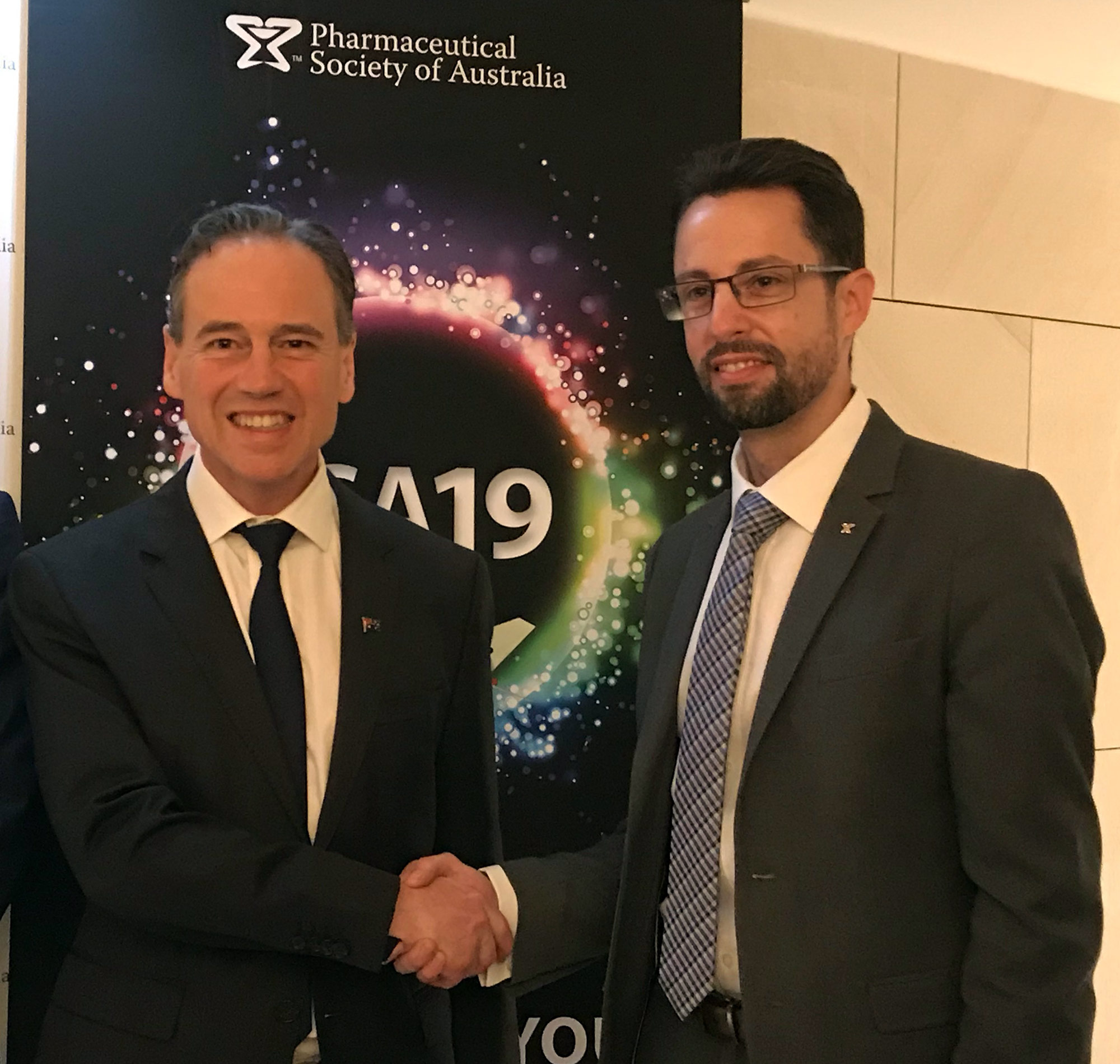
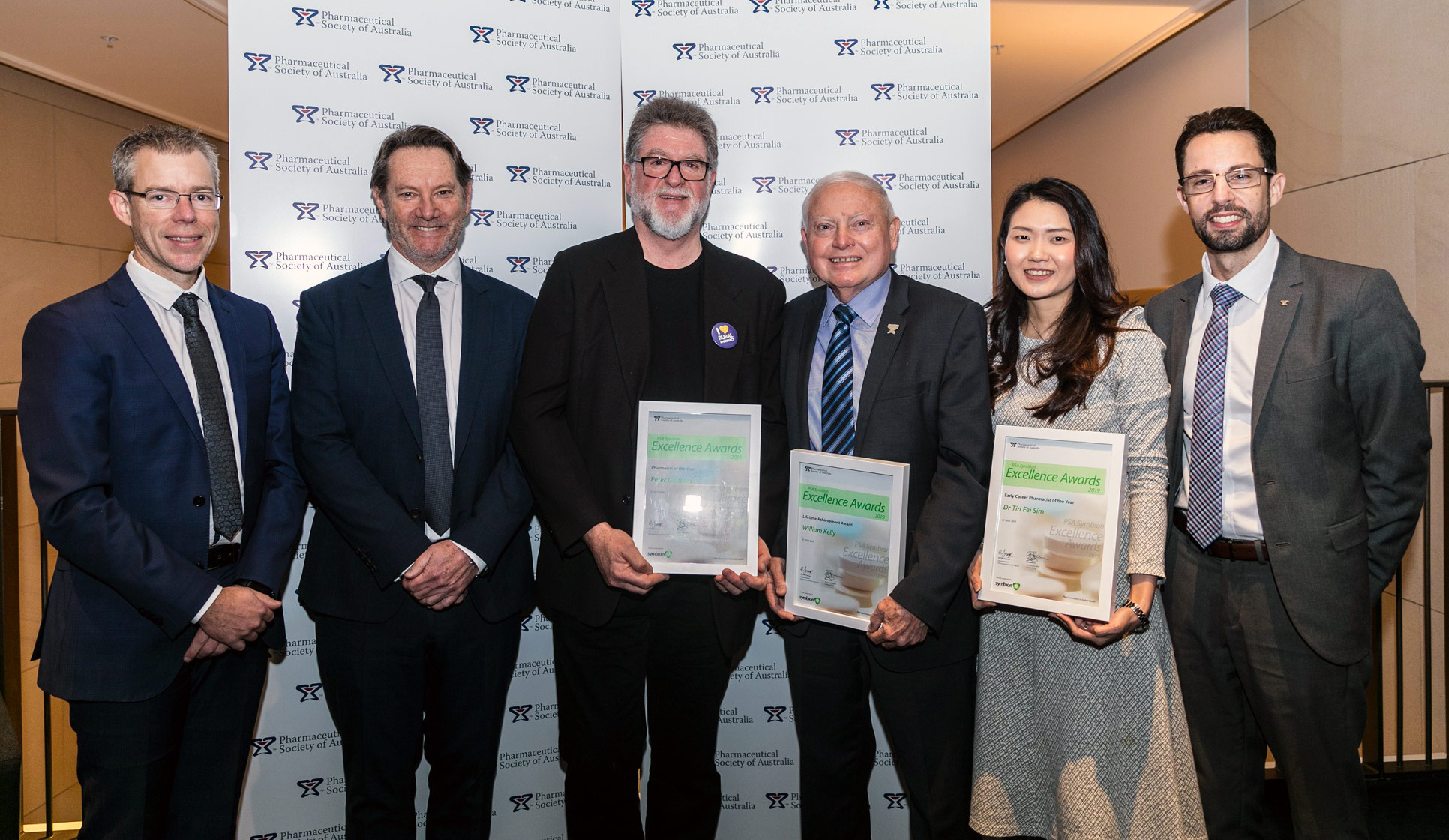
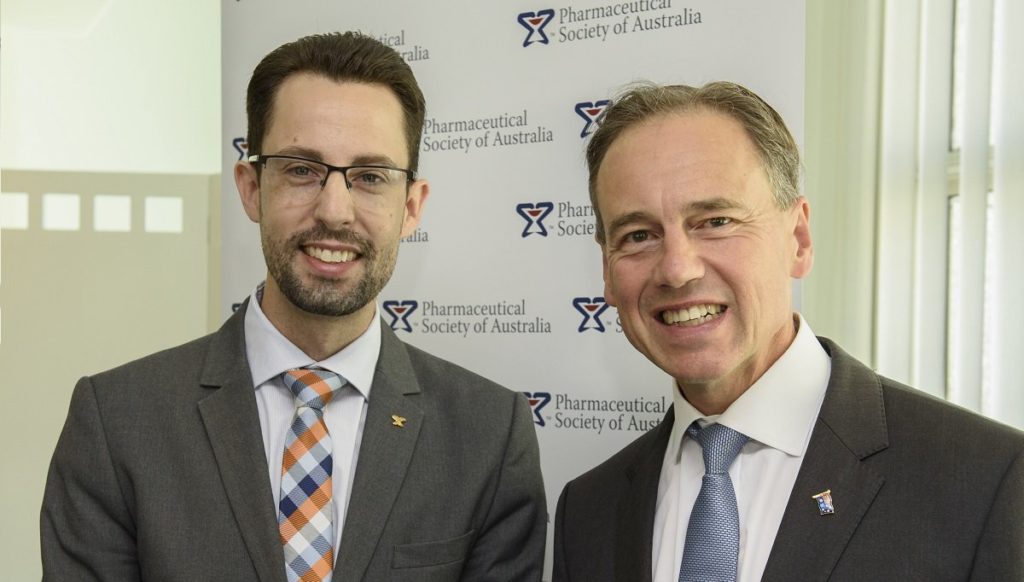
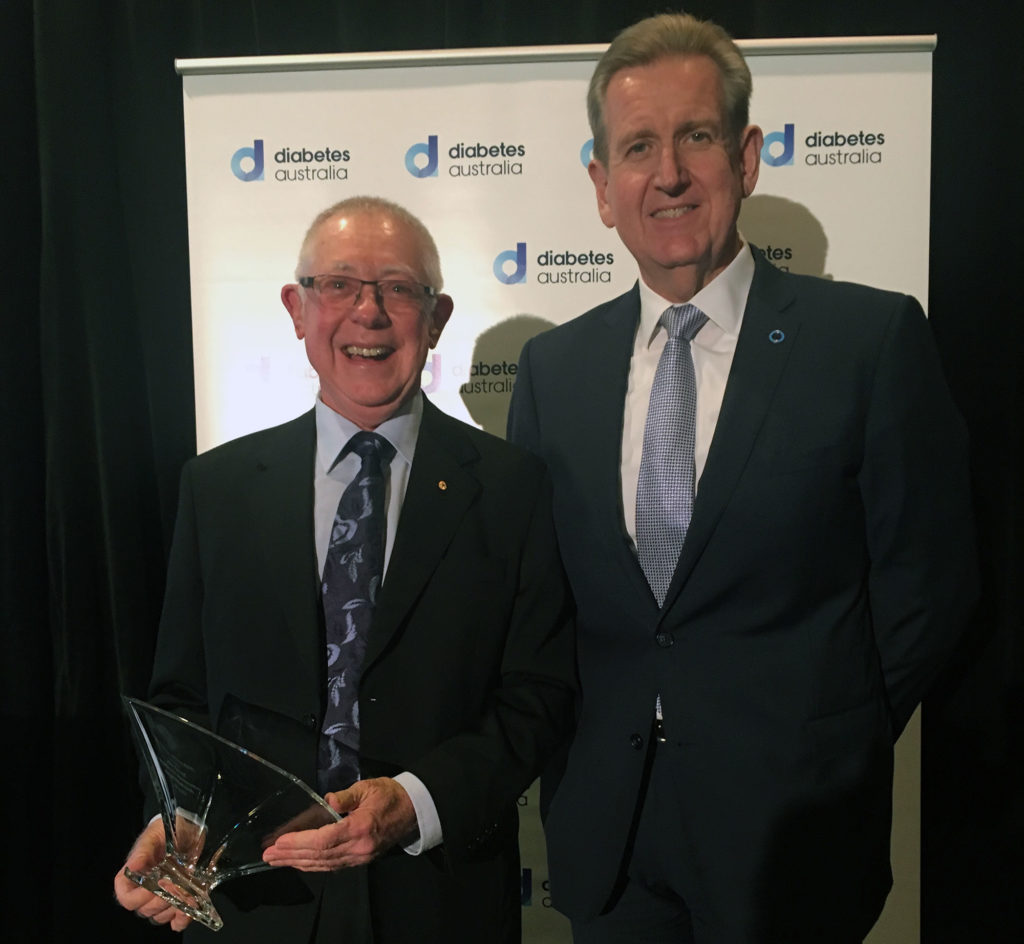
 Dr Kylie Bailey – Senior Clinical Psychologist, Service Manager, Drug & Alcohol and Aged Care, Hunter Primary Care
Dr Kylie Bailey – Senior Clinical Psychologist, Service Manager, Drug & Alcohol and Aged Care, Hunter Primary Care Dr Tony Gill – Senior Staff Specialist, St Vincent’s Drug & Alcohol Service; Chief Addiction Medicine Specialist, NSW Health
Dr Tony Gill – Senior Staff Specialist, St Vincent’s Drug & Alcohol Service; Chief Addiction Medicine Specialist, NSW Health Associate Professor Suzanne Nielsen – Deputy Director, Monash Addiction Research Centre, Melbourne; NHMRC Career Development Fellow.
Associate Professor Suzanne Nielsen – Deputy Director, Monash Addiction Research Centre, Melbourne; NHMRC Career Development Fellow.